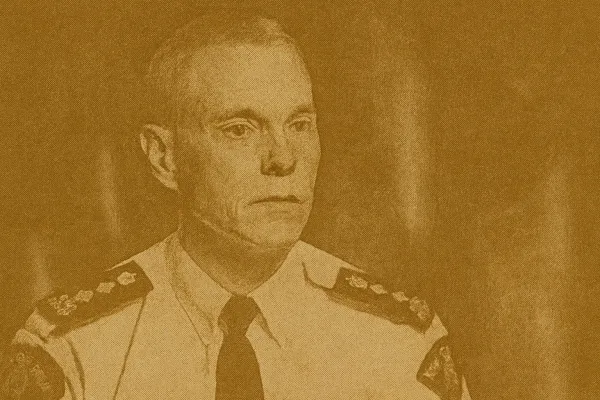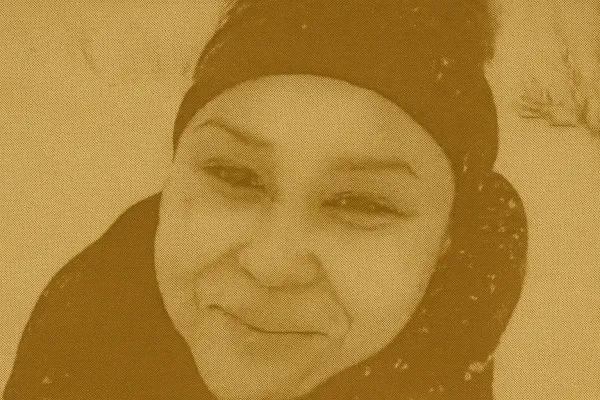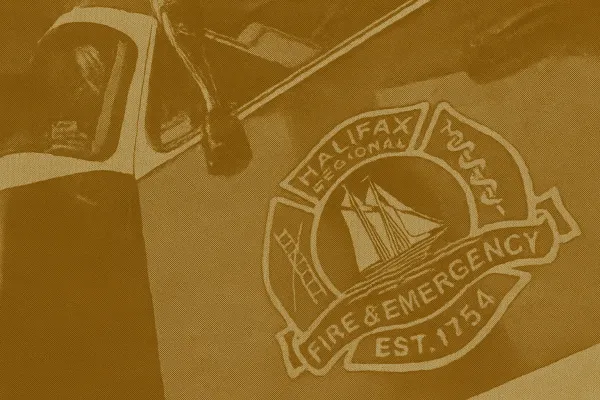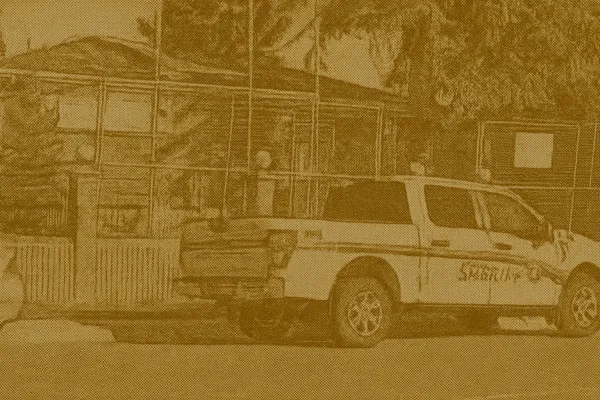Based on coverage from CTV, WinnipegSun, and Canada.ca.
Canada is grappling with a serious issue involving international drug cartels, and the picture painted by recent reports is far from pretty. According to RCMP Chief Superintendent Mathieu Bertrand, at least seven major cartels have established a presence in Canada. These aren't just any criminal organizations; they are international powerhouses with roots in South and Central America, including notorious names like the Sinaloa Cartel and MS-13.
In a candid interview with W5, Bertrand explained that these cartels are using Canada as a transhipment point for illicit goods, particularly methamphetamine. The cartels have figured out that Canadian ports offer a strategic gateway to other lucrative markets like New Zealand and Australia, where meth prices skyrocket. To put it in perspective, a kilogram of meth that costs about $500 in Mexico can fetch nearly $300,000 in New Zealand. It's no wonder that, according to New Zealand Customs data, Canada has become the top exporter of meth to New Zealand.
The Canadian government has recognized the threat, listing these seven cartels as terrorist entities earlier this year. This designation allows for more aggressive legal action, such as freezing assets and prosecuting those involved in financing and facilitating cartel activities. However, critics argue that while the government has made these designations, the follow-up actions seem lacking. The call for more decisive action is growing louder, with demands for increased prosecutions and asset seizures.
The RCMP has been active, dismantling 11 meth labs across Canada in the past two years. One notable bust in 2024 took down the largest meth lab in Canadian history, linked to a Mexican cartel. This operation was reminiscent of a scene from Breaking Bad, with investigators in hazmat suits seizing a massive haul of drugs, firearms, and explosives. Despite these efforts, the cartels continue to adapt and exploit vulnerabilities.
Australia's Deputy Commissioner of National Operations, Tim Fitzgerald, highlighted that shipments from Canada raise less suspicion at Australian borders compared to those from countries like Mexico. This makes Canada an attractive transhipment point for cartels aiming to disguise the origins of their goods. During a tour of Australia's largest mail sorting facility, a package from Canada was flagged for containing meth hidden inside children's toys, illustrating the lengths to which these organizations will go to smuggle drugs.
While the Canadian government has taken steps, such as appointing a fentanyl czar and investing in border security, the effectiveness of these measures is still up for debate. Critics argue that more needs to be done to dismantle the networks operating within Canada. The RCMP plans to station a liaison officer in New Zealand by 2026 to improve intelligence sharing, but some question whether this is enough.
The stakes are high. Beyond the immediate threat of drug trafficking, there's a broader concern about national security and public safety. The cartels' activities contribute to a range of issues, from money laundering to violence, and their influence undermines community safety and economic stability. The call for action is clear: Canada needs to step up its game in combating these powerful criminal organizations. The question remains whether the current measures will suffice or if more robust actions will be taken to protect Canadian communities from the grip of these cartels.








